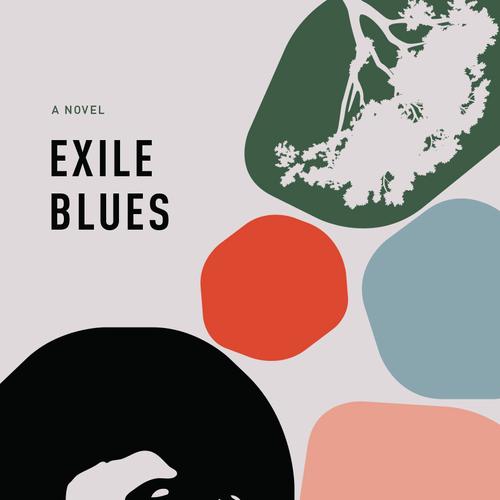When Preston Downs, Jr., aka Prez, slides down the emergency chute onto the frozen tarmac at the Montreal airport, little does he know that never would he return home to Washington D.C. or to his adopted city, Chicago. Events had sped by after a dust-up with the Chicago police. With a new name and papers, he finds himself in a foreign city where people speak French and life is douce compared to the one he fled.Son of a World War II vet, Prez grows up in the 50s in D.C., a segregated Southern city, and learns early that black lives don’t matter. As a leader in the streets, his journey from boy to man means acquiring fighting skills to lead and unify long before losing his virginity. Smart and skeptical, but with a code of ethics, he, like every black kid, wants to be Malcolm, Martin or at least a “soul brother,” which inspires fear among the powers that be.Spotted while an A student at Howard University in 1964, Prez is invited to do an interdisciplinary course with field work on Civil Rights in Chicago, a city as divided as Gettysburg was a hundred years earlier. Faced with police-state conditions, dubious armed gangs, spies and provocateurs, Prez and the young women and men he works with are propelled into a head-on fight with police.James Baldwin wrote that the blues began “on the auction block,” others say it started with their kidnapping from Africa. Prez was born in exile, with the blues.Only someone who has lived through that period can write an enthralling and passionate story like Exile Blues. Gary Freeman has done so with insight and sensitivity.A Novel Inspired by True Events'Exile Blues is as cinematic, fast-paced, and action-packed as a classic, Blaxploitation flick.It’s the novel Malcolm X might have written had he not suffered martyrdom.” —George Elliott Clarke, author of George & Rue, 7th Parliamentary Poet Laureate (2016 & 2017)“Drawing on his incredible personal experience of a violent and transformative era in American race politics, Gary Freeman has produced one heck of a good book.” —Thomas Mulcair, Former Leader of the NDP“To read Exile Blues is to step into the US of the 50s and 60s, to engage with African-American youth at the frontlines of fighting and protesting for freedom and equal rights… an engaging and multi-faceted narrative of survival and strength.” — Terese Mason Pierre,Quill & Quire“Exile Blues could be one of the most important Black History novels to appear in recent years, and Mr. Freeman is a writer worthy of consideration.” — The Miramichi Reader
